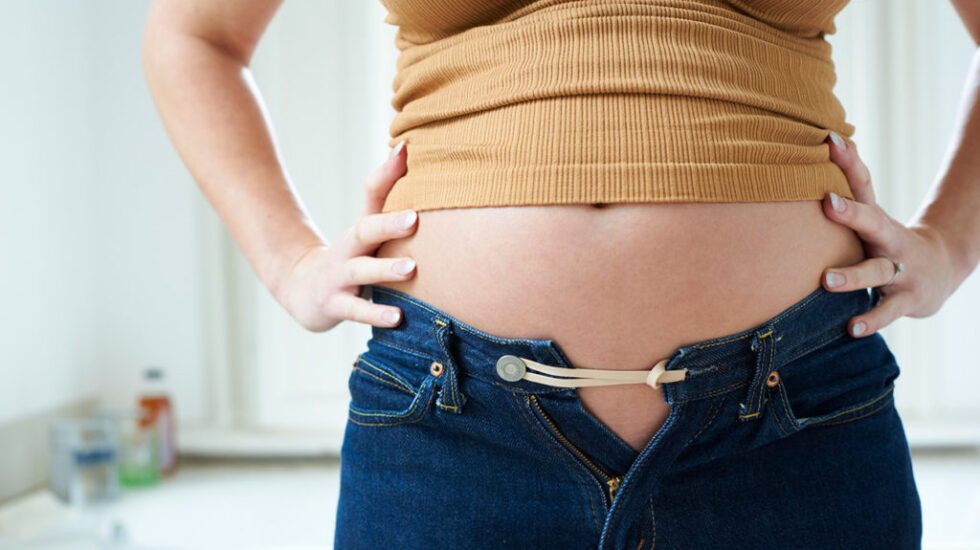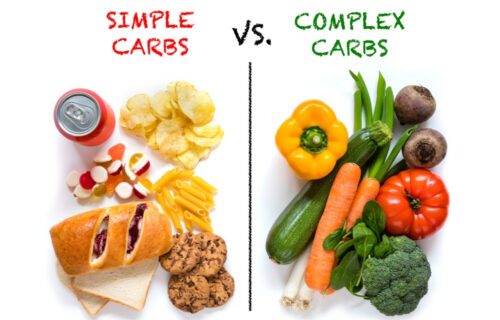
Belly Bloat in Menopause
Menopause and Bloating: What’s the Connection?
You may experience bloating during perimenopause and menopause. It may be the result of fluctuating hormones during this period of your life. You’re likely to experience less bloating after menopause when your ovaries stop making estrogen and progesterone, and your body maintains a lower level of hormones.
Bloating causes you to feel extreme fullness, tightness, or swelling in your abdomen and other parts of your body. It may cause discomfort. You can try to reduce bloating during perimenopause and menopause with adjustments to your lifestyle or with medications.
Causes of bloating during perimenopause and menopause
Most women experience menopause in their early 50s, though you can go through it earlier or later. Once you haven’t experienced a period for 12 months, you’re considered postmenopausal.
Bloating may occur more frequently in perimenopause than during menopause or postmenopause. During perimenopause, your hormones are changing rapidly. That can lead to higher levels of estrogen. Estrogen causes your body to retain water, which can lead to bloating.
Bloating isn’t the only symptom experienced by women going through perimenopause and menopause. Fluctuating hormones can also lead to:
- hot flashes
- problems with sleep
- vaginal dryness
- mood swings
- weight gain
You may also experience bloating during menopause because of built-up gas in your gastrointestinal system. This can be related to:
- diet
- exercise
- stress
- smoking
- swallowed air
- another health condition
It’s likely that bloating after menopause is related to one of these factors rather than hormones. That’s because after you go through menopause, your hormones don’t fluctuate as much as they did during perimenopause and menopause.
Treatment and prevention of bloating
You can reduce bloating by making various lifestyle adjustments. These changes in behaviour may also help you prevent bloating from occurring.
- Change your diet: Avoid foods that cause bloating. These include fatty foods, vegetables known to cause extra gas, and dairy products. Also, skip overly processed foods, which have high levels of sugar and salt.
- Exercise more frequently: Try to work out several times a week, and keep your activity varied from cardiovascular exercises to strength-building ones.
- Skip chewing gum and carbonated beverages: These can fill up your stomach with air, leaving you with a bloated abdomen.
- Avoid smoking and alcohol: These can increase bloating.
- Drink plenty of water: You may experience bloating if you don’t stay hydrated enough.
During perimenopause and menopause, you may be unsure whether you’re experiencing bloating or gaining weight. Hormonal changes during perimenopause and menopause may cause your body to gain weight more quickly than usual, particularly in your stomach area. This isn’t just a sign of menopause. You may also be gaining weight because of aging, lifestyle behaviours, and family history.
Bloating should occur for just a short period of time, likely around the time of your menstrual cycle if you’re in perimenopause or any time after you eat a large amount of food, eat very quickly, or eat foods that trigger bloating. Your stomach will protrude and change throughout the day with bloating. Your abdomen won’t fluctuate in size throughout the day if you’re experiencing weight gain.
Weight gain is a symptom of menopause, and you can adopt certain lifestyle changes to help avoid extra pounds. Eating a well-balanced diet low in salt and sugar, getting enough sleep, and exercising regularly will help with weight gain, as well as bloat. Gaining weight puts you at risk for developing health conditions like diabetes and heart disease.
It’s very likely that you’ll experience bloating at some point during perimenopause and menopause, or after menopause. There are several causes of bloating. Hormones may be the main culprit if you’re still experiencing your period. Bloating should diminish after menopause, which may provide you some relief.
Other ‘non’ menopause causes of bloating:
- Eating too fast
- Insufficient digestive enzymes
- Talking whilst eating
- Not chewing your food
- Insufficient gut bacteria
- Constipation
- Overeating
- Reflux
- Weight gain
And if you want to know more tips on how to reduce bloat have a look at this blog post.



